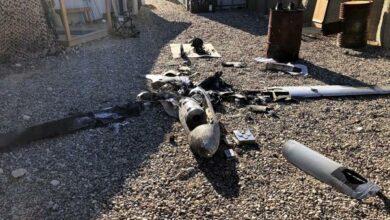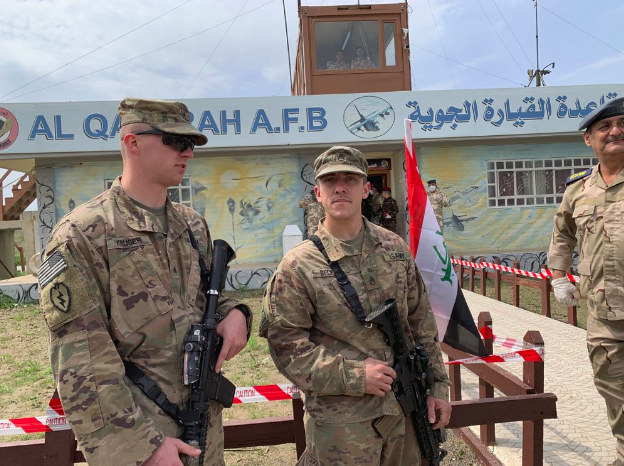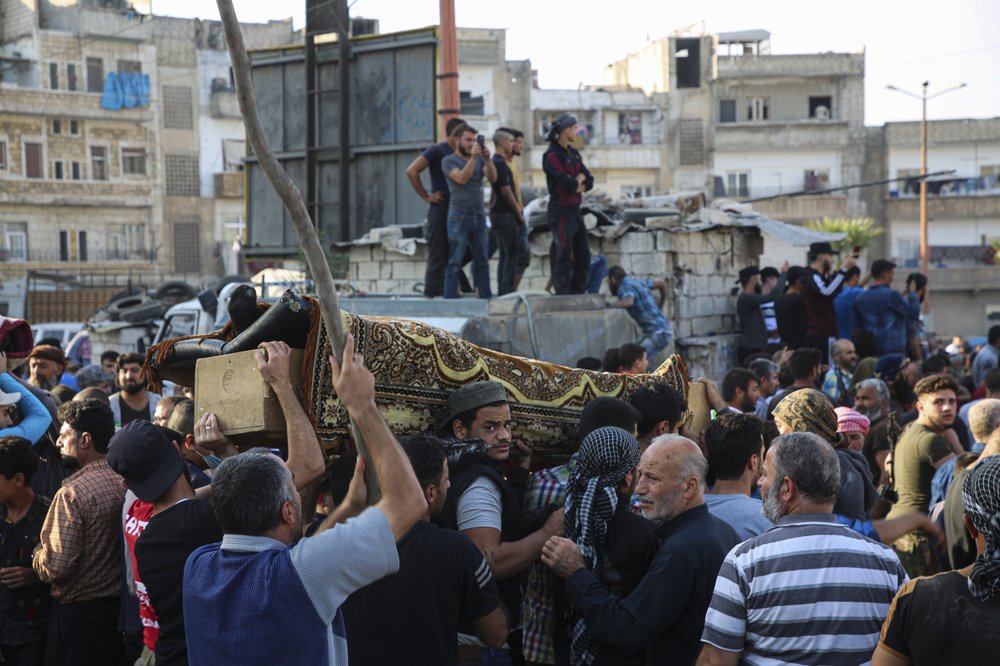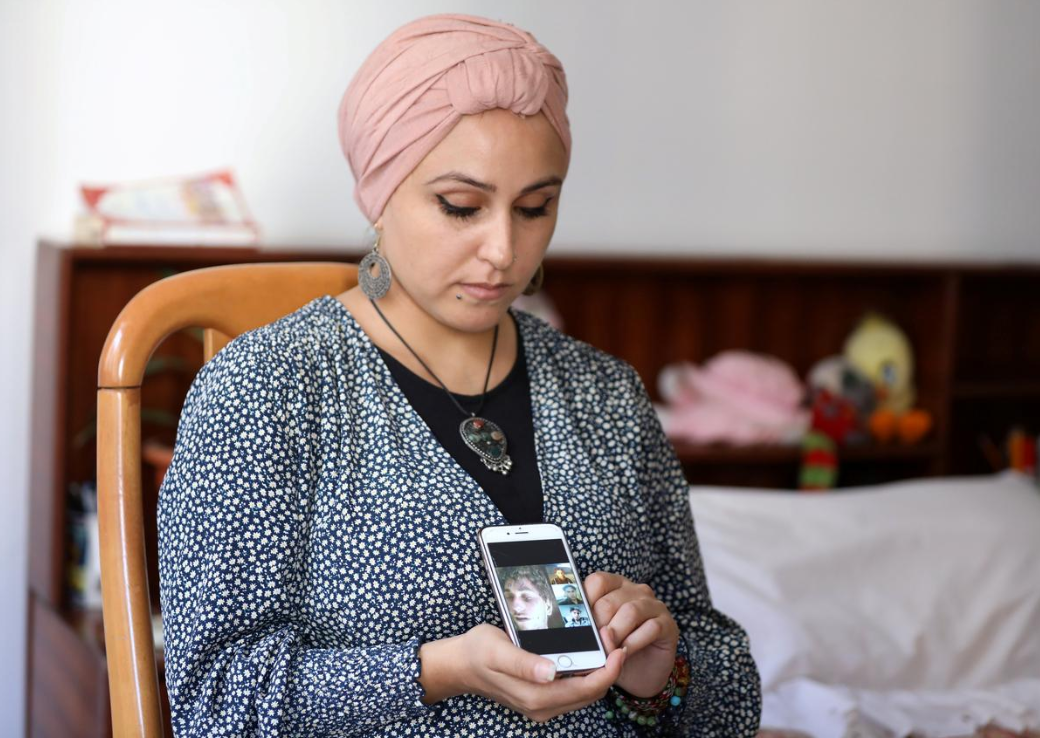
At least nine more Turkish tanks entered northern Syria on Thursday as part of an operation aimed at driving Islamic State out of the border area around Jarablus and stopping Kurdish militia fighters from seizing territory, Reuters witnesses said.
A senior Turkish official said there were now more than 20 Turkish tanks inside Syria and that additional tanks and construction machinery would be sent in as required.
"We need construction machinery to open up roads … and we may need more in the days ahead. We also have armored personnel carriers that could be used on the Syrian side. We may put them into service as needed," the official said.
The deployments are part of "Operation Euphrates Shield", in which Syrian rebels backed by Turkish special forces, tanks and warplanes on Wednesday entered Jarablus, one of Islamic State's last strongholds on the Turkish-Syrian border. It is Turkey's first major U.S.-backed incursion into its southern neighbor.
The sound of gunfire, audible from a hill on the Turkish side of the border overlooking Jarablus, rang out early on Thursday and a plume of black smoke rose over the town.
President Tayyip Erdogan said on Wednesday that Islamic State had been driven out of the town and it was now controlled by the Syrian rebels, who are largely Arab and Turkmen. He said the operation was targeting both Islamic State and the Kurdish YPG militia, whose gains in northern Syria have alarmed Turkey.
Ankara views the YPG as an extension of Kurdish militants who have fought a three-decade insurgency on its own soil, putting it at odds with Washington, which sees the group as an ally in the fight against Islamic State.
U.S. Secretary of State John Kerry told Turkish Foreign Minister Mevlut Cavusoglu on Thursday that YPG fighters were retreating to the east of the Euphrates river, a red line for Turkey, foreign ministry sources in Ankara said.
In a telephone call, the two emphasized that the fight against Islamic State in both Syria and Iraq would continue together, the sources said.
Speaking during a visit on Wednesday to Turkey, a key NATO ally with the alliance's second-biggest armed forces, U.S. Vice President Joe Biden also tried to soothe Turkish concerns about Kurdish territorial gains in Syria.
He said there should be no separate Kurdish entity in northern Syria and the country should remain united. Kurdish militia fighters would not receive U.S. support if they failed to pull back east of the Euphrates as promised, he said.




